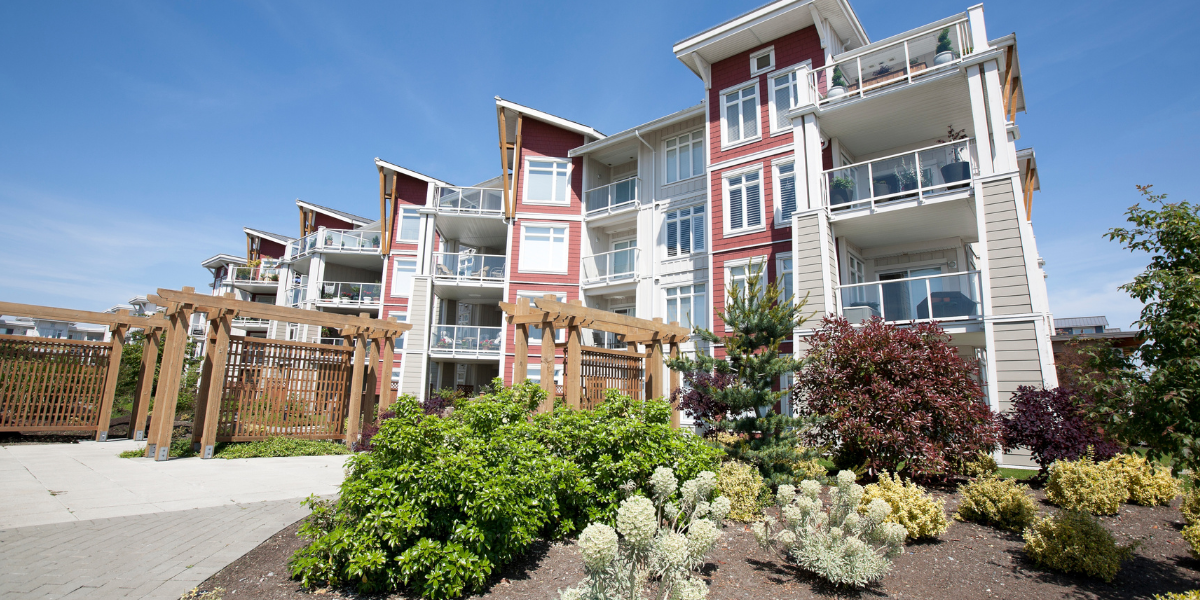
One of the most common things I hear from health plan leaders when we talk about housing is:
“We’re waiting on more data before we move forward.”
And I get it. It’s hard to make a case for something that doesn’t slot neatly into a cost-savings model. But the truth is: if you’re still treating housing like something you have to justify, you’re probably already behind.
At some point, plans need to stop evaluating housing like it’s just another pilot. It’s not a one-off program. It’s part of the core infrastructure of how you support members. If housing remains stuck in the “cost center” category, you’ll keep missing opportunities to improve outcomes, engagement, and long-term competitiveness.
Most of the hesitation comes down to how these programs are funded. For a plan to pay for something, it usually needs to fall into one of two categories:
If it doesn’t hit one of those, it lands in administrative costs which are already tight. So naturally, there’s pressure to show hard ROI.
That said, we’re starting to work with plans that are moving beyond that framework. They’ve figured out with our help how to think about housing as a strategic function, not just a line item. They’re not waiting around for perfect data. They’re already putting systems in place that support housing long-term.
Even when a plan talks about “return on investment,” it’s not always about dollars. But it’s still the same underlying question: If we do this, what do we get out of it?
And that’s fair. No one’s doing this just to feel good. But there’s a bigger picture that often gets missed.
Housing impacts more than just spend. It affects the entire member experience. It drives better engagement. It makes it easier for case managers to connect with people. It improves outcomes. But most of that takes time to show up in the numbers.
If you’re waiting for perfect, long-term ROI data before taking action, you’re going to be very far behind the eight-ball by the time you get it. These programs take 1-3 years to really take hold. If you’re just starting then, it might be too late.
There are always risks with being early on something new time, money, people. That’s true for any innovation. But those risks are usually smaller than people assume. And there are ways to mitigate them.
The bigger risk is inaction.
You can lose members to other plans that already have these programs in place. You can lose contracts if states start requiring social supports and you don’t have a solution. And you can lose ground internally because once a housing crisis hits a member, your downstream costs go way up.
Plans that wait too long often miss the window to catch up. That’s what we see happening.
When a plan is ready to lead here, it’s usually obvious. They’ve done the work to understand how housing is impacting their members. They’ve started building internal responsibility dedicated roles or small teams inside population health, SDOH, or health equity that are focused on housing.
They’ve tried forming partnerships with community-based organizations. They’re not just talking they’re organizing.
That’s the turning point. Once they know housing is affecting their population, the conversation shifts from “Should we do this?” to “How do we solve the challenges standing in our way?” That’s where we come in.
Our job at Upside is to help plans move faster and with more confidence. We’ve done this in multiple states and with a variety of populations. We have the models, the evidence, the real-world data. No, it’s not a 10-year longitudinal study. But it’s more than any other housing program can show right now.
And it doesn’t just help one department, it impacts case management, finance, stars, clinical teams, member experience… pretty much every major function in a plan.
We’ve seen it. When housing is done right, it benefits the entire organization.
For the plans that are still on the sidelines sometimes all it takes is looking closely at your own membership. What’s happening with housing right now? How is it affecting your outcomes?
Start there. We can help with that process.
But don’t wait around for someone else to prove it for you. By the time that happens, the leaders will have already built the muscle, the partnerships, and the momentum.